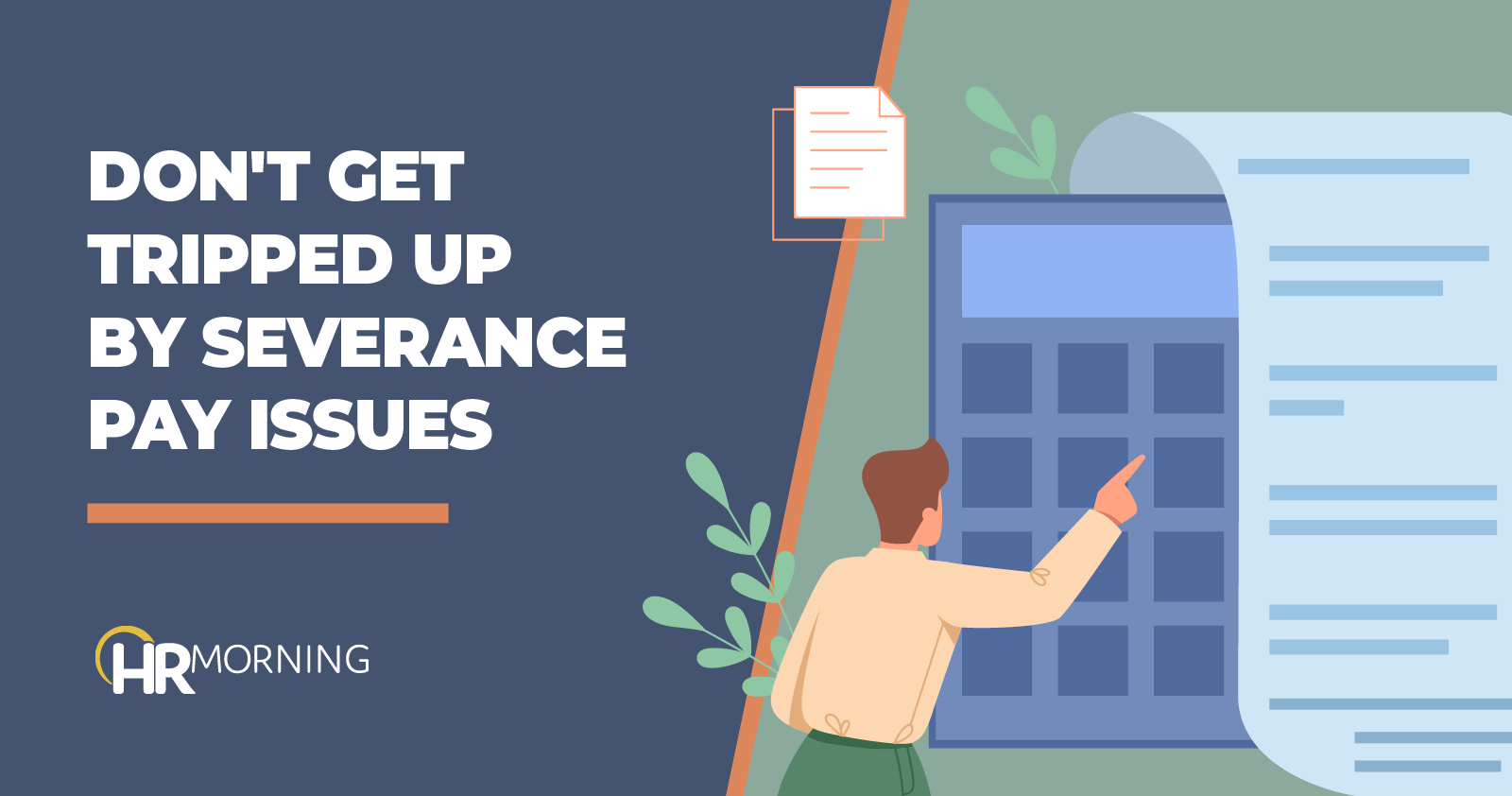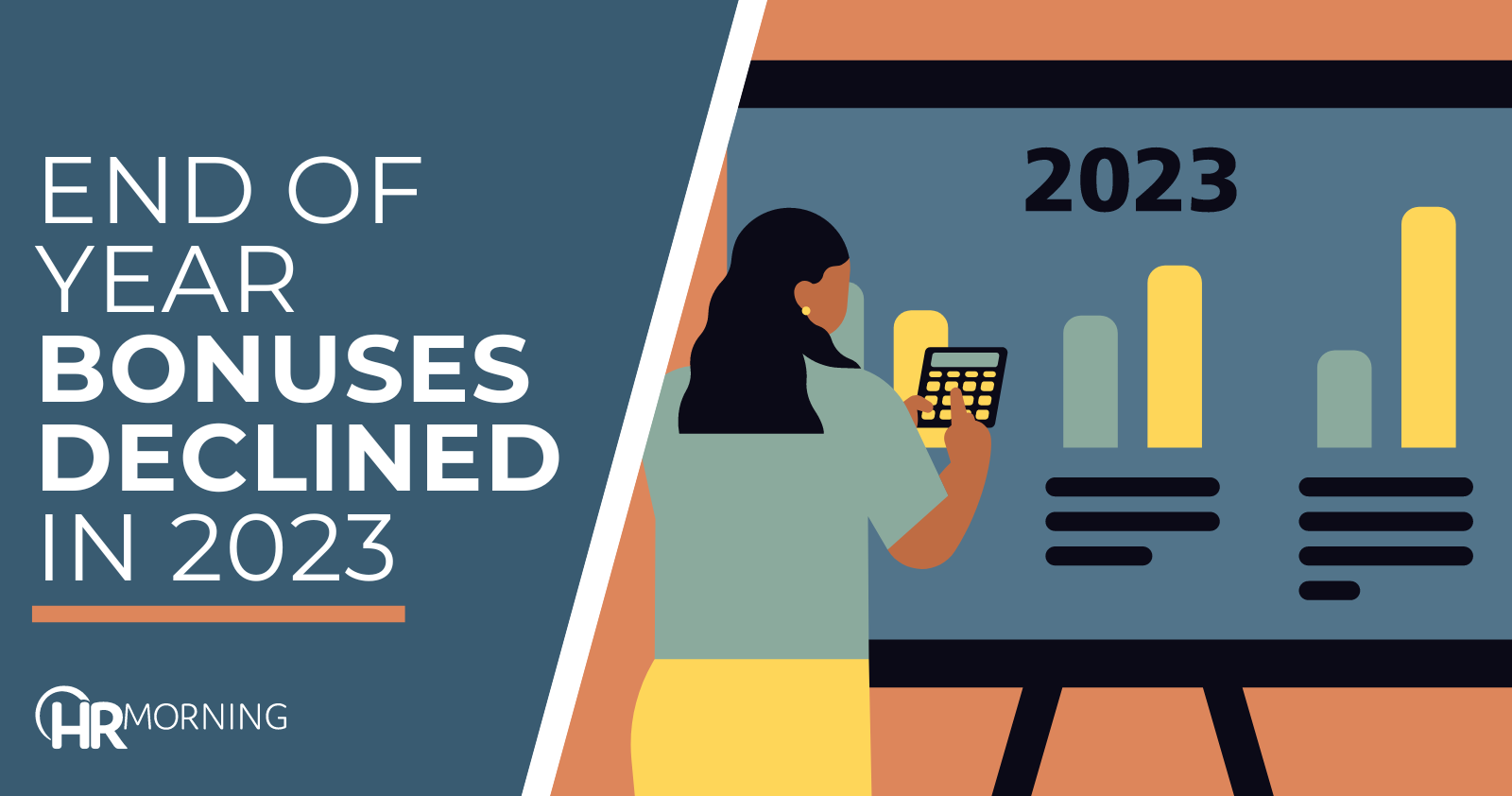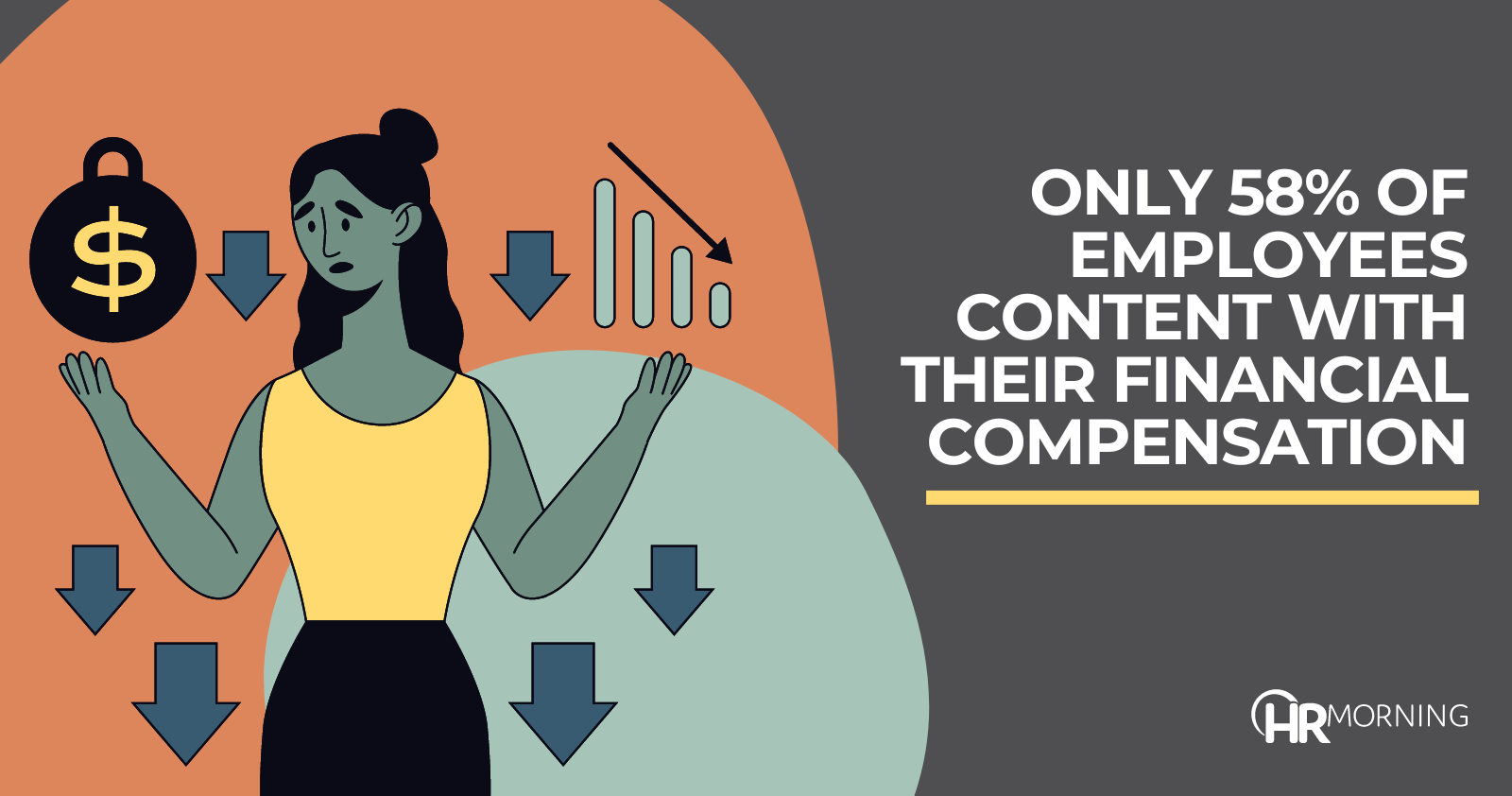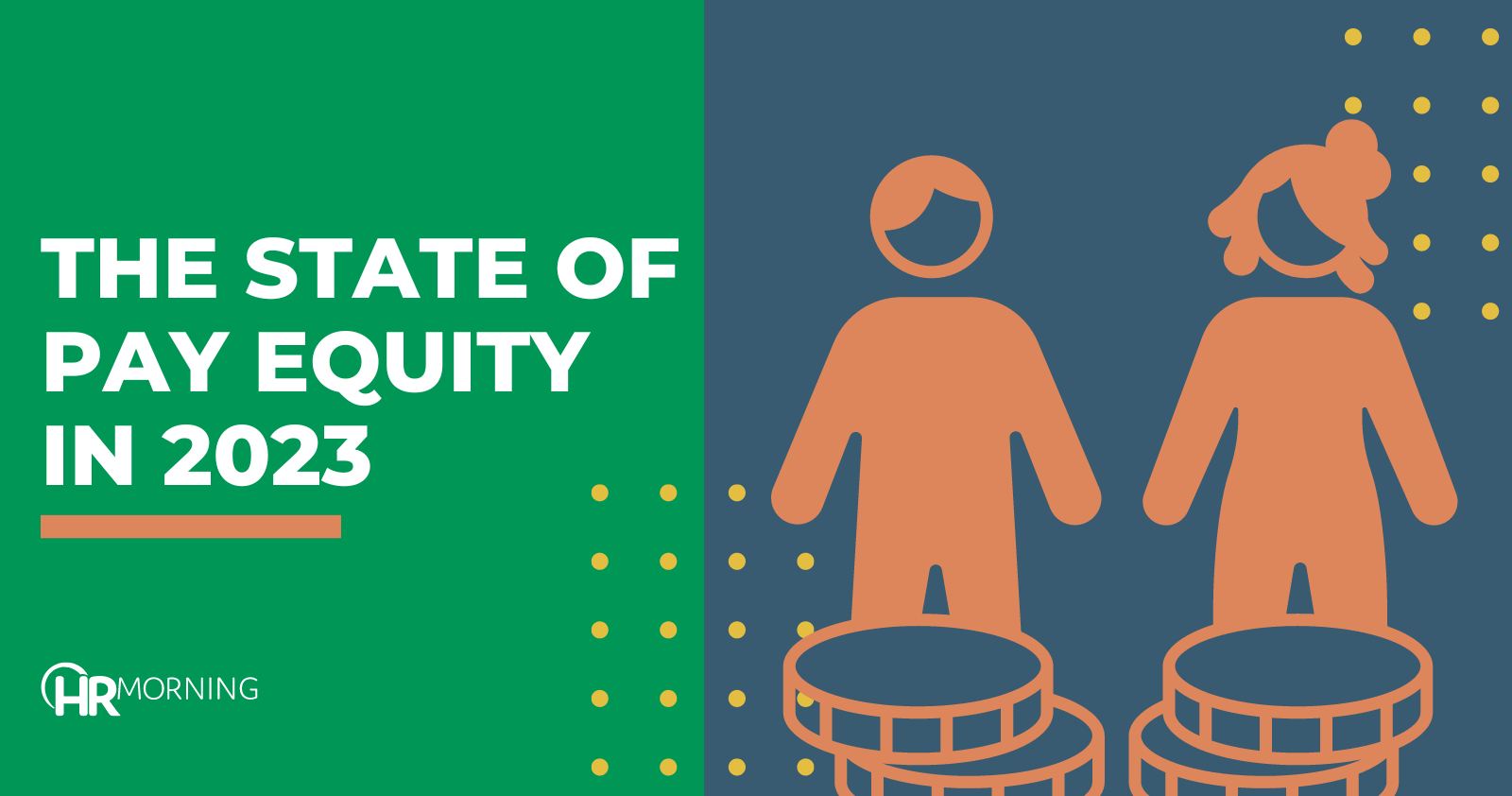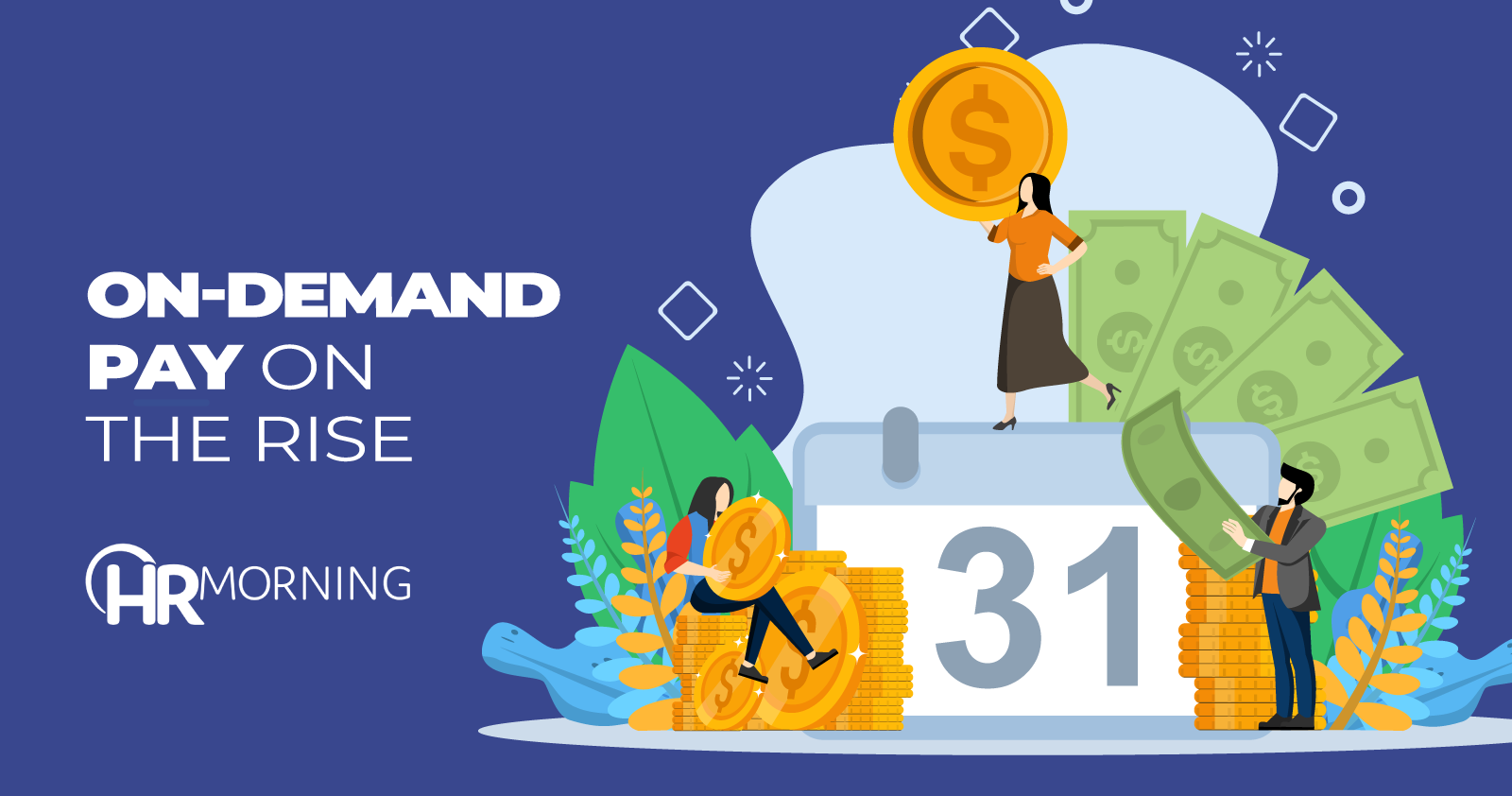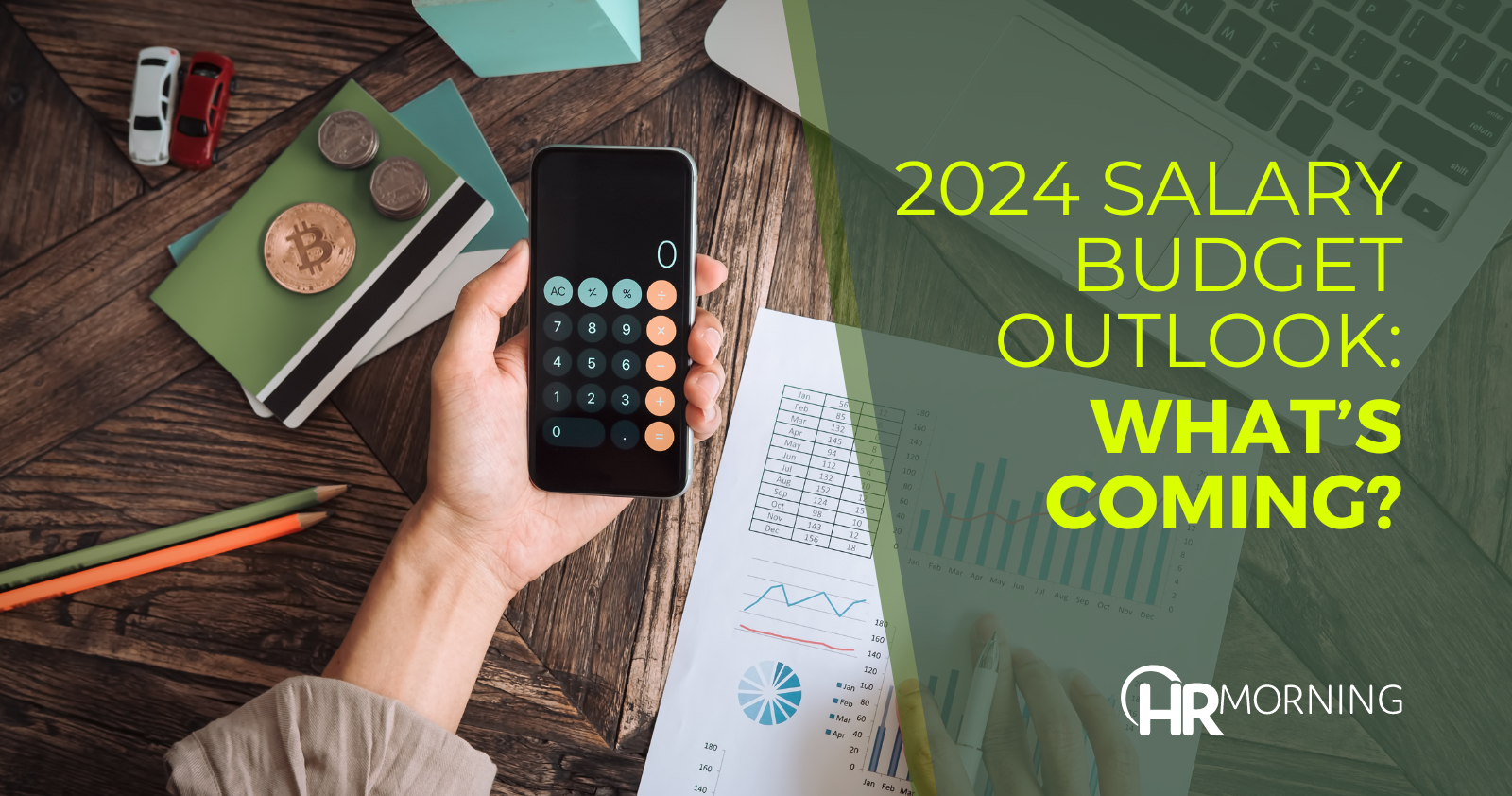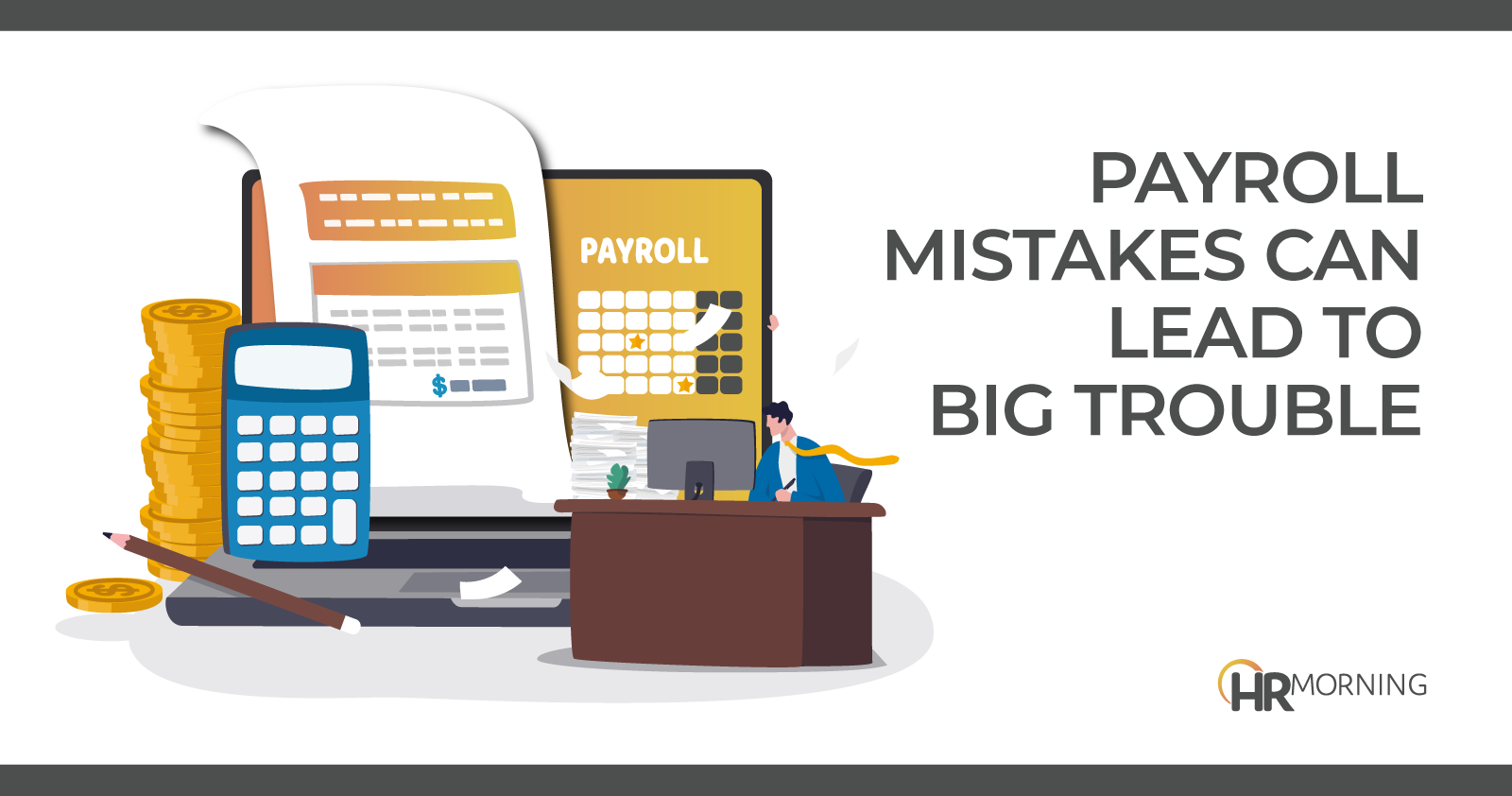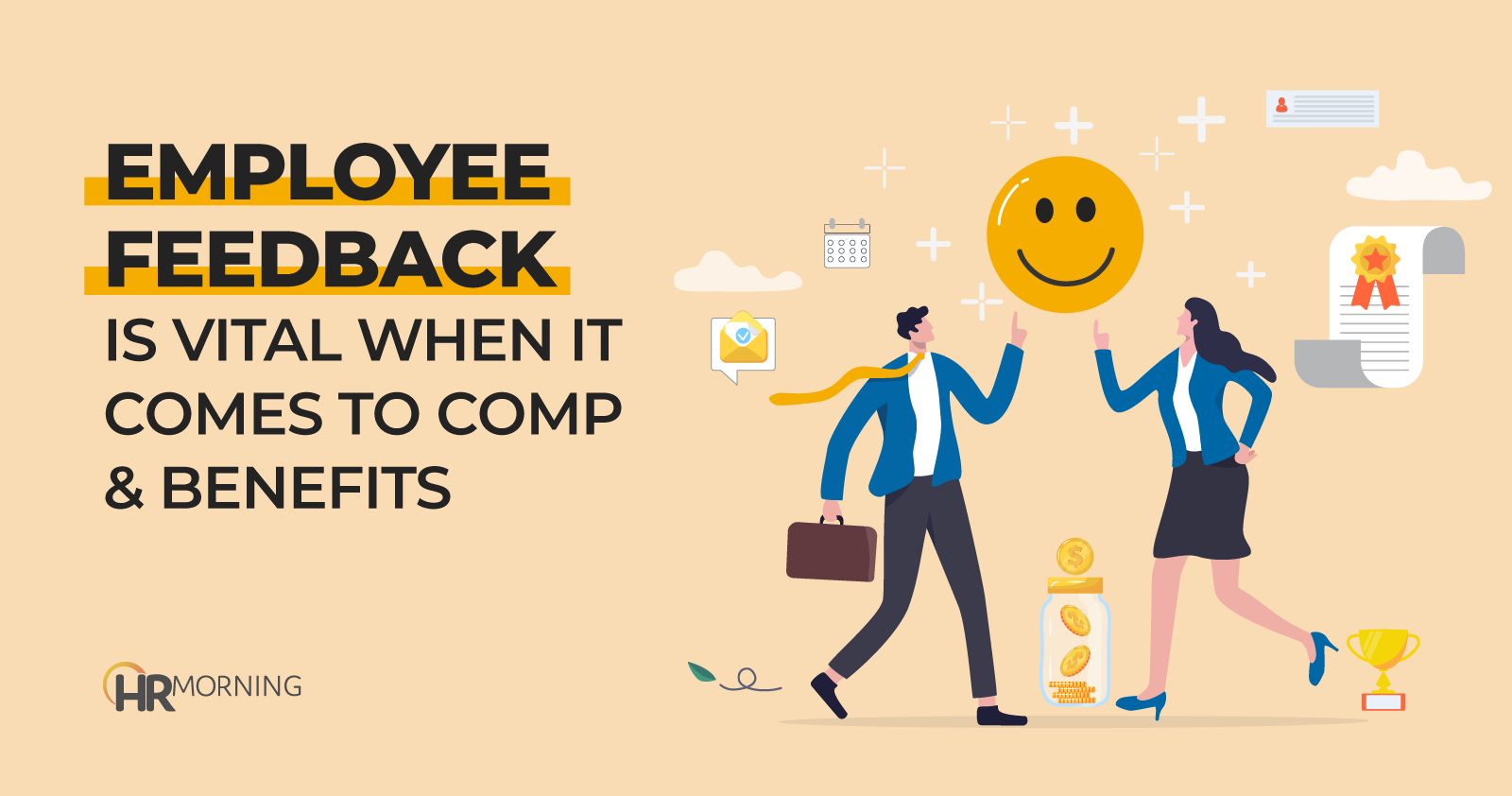Severance pay: Definition and guidance for HR professionals
Ever wonder about all the ins and outs of severance pay? If the answer is yes, you’re in the right place. What exactly is severance pay? When – if ever – are employees entitled to it? What’s included in a typical severance package? What are some of the legal issues that can arise? Here’s a…
